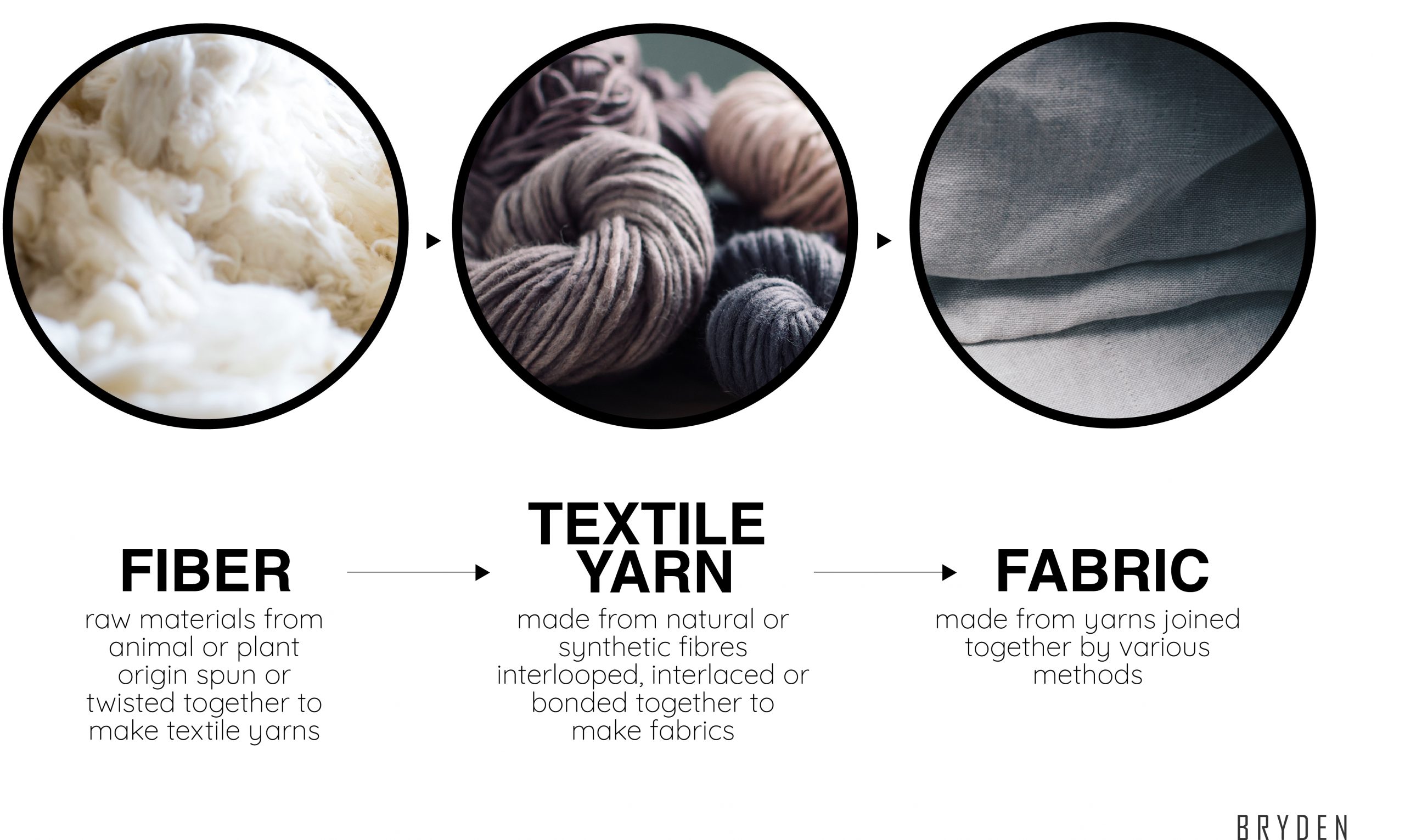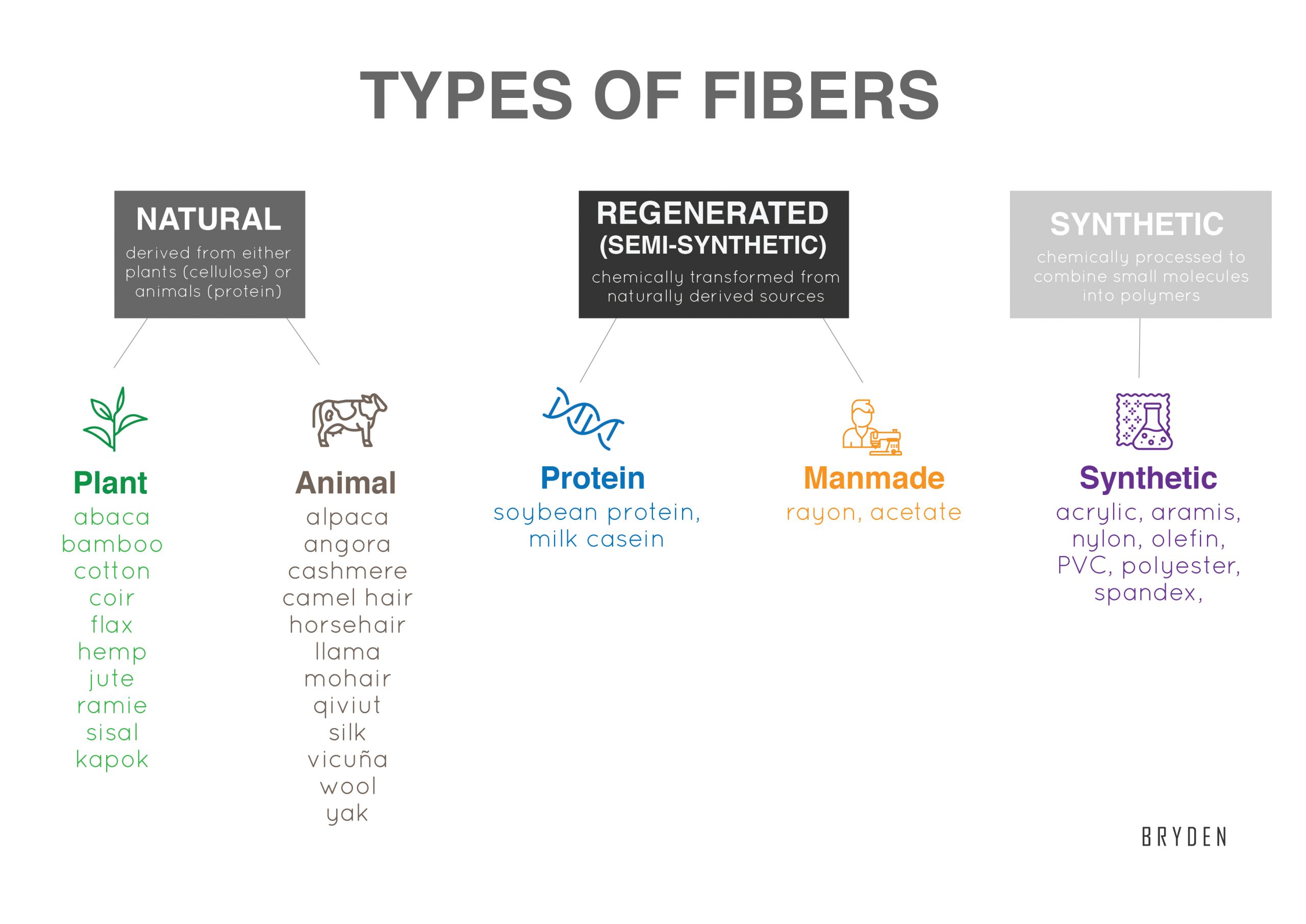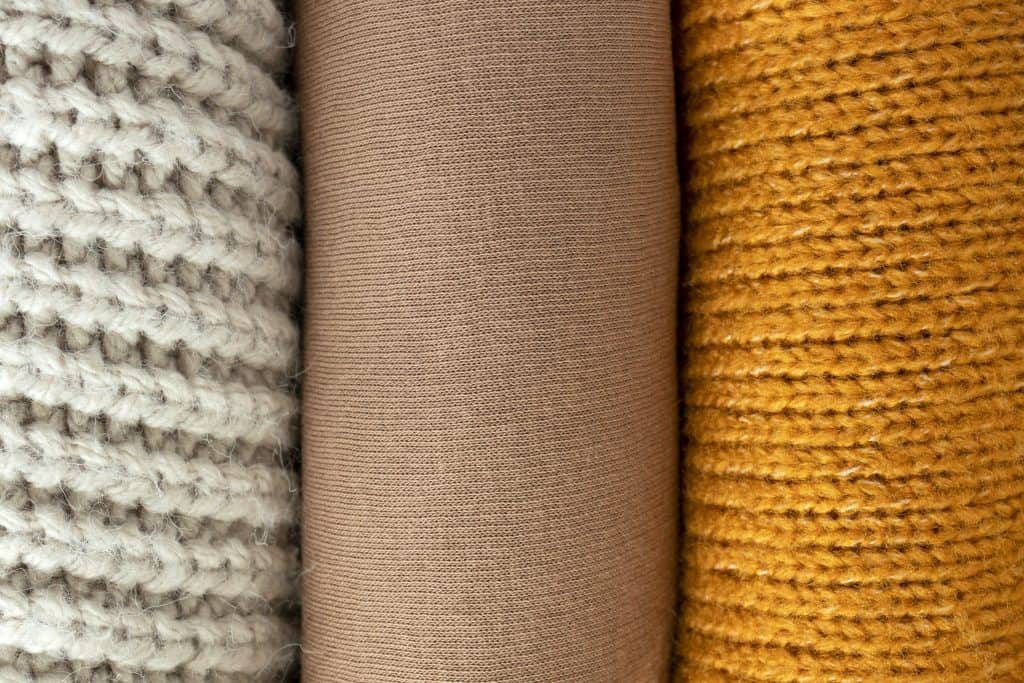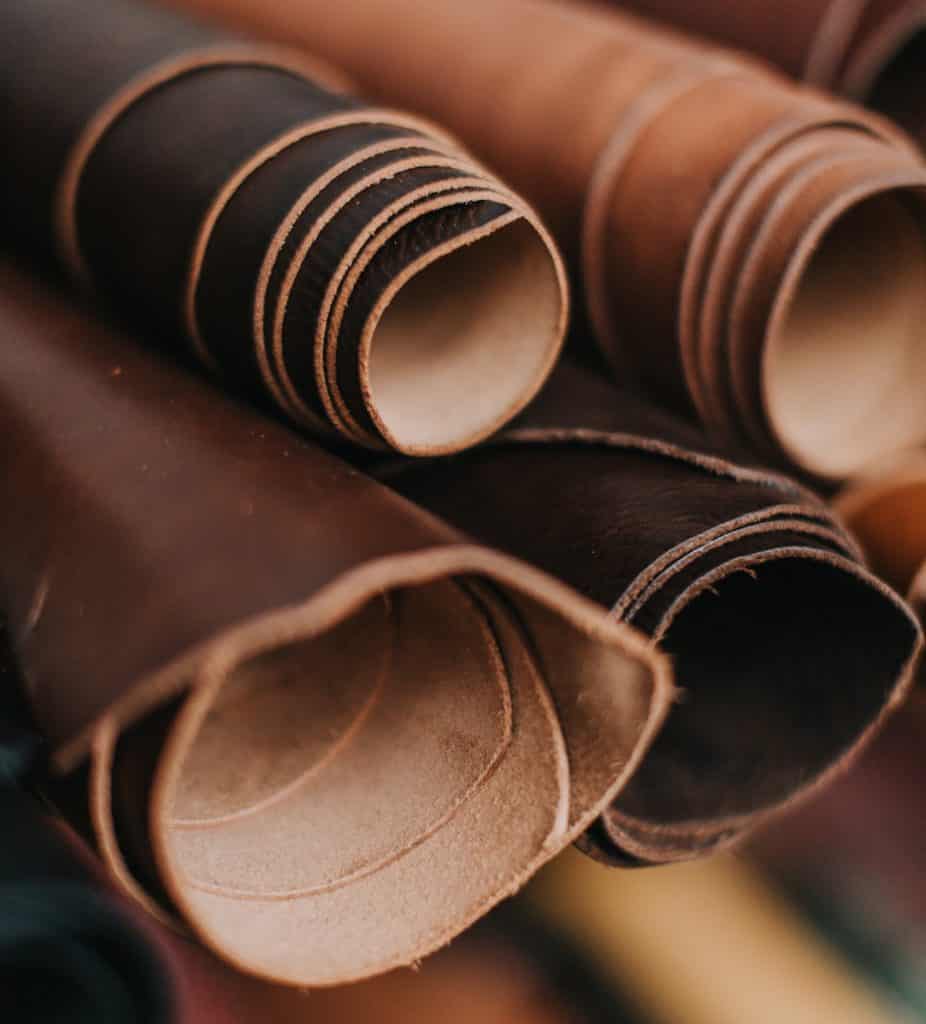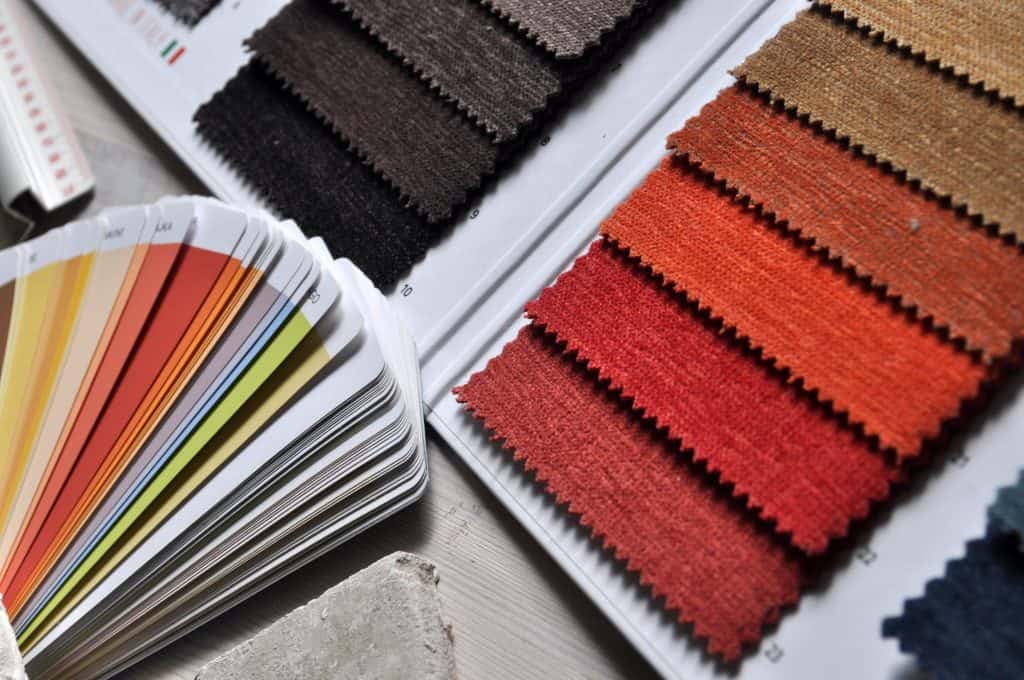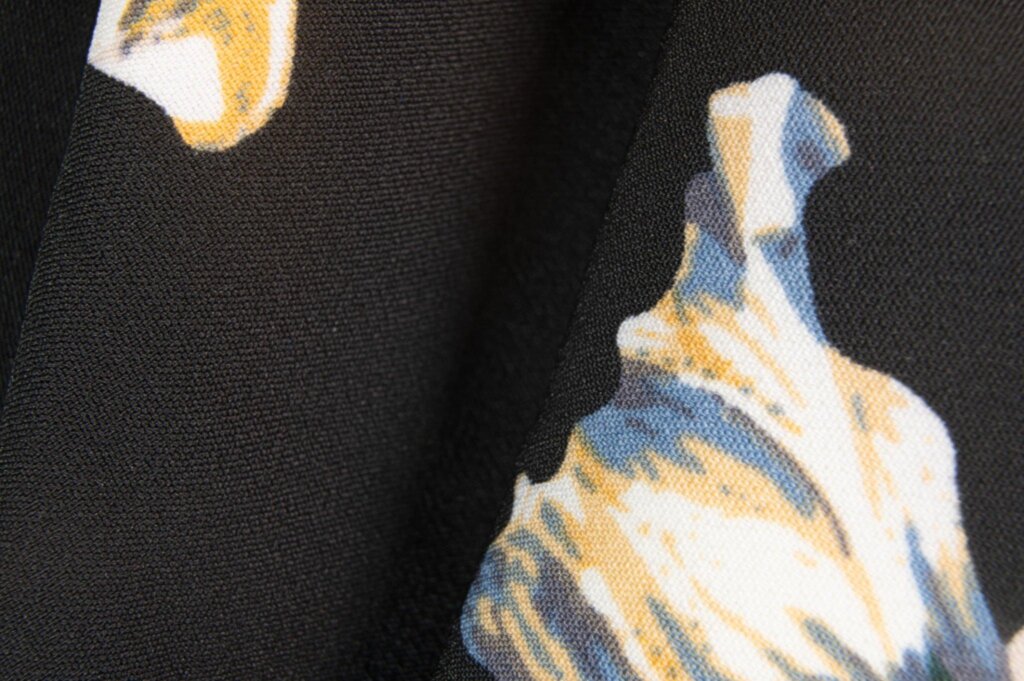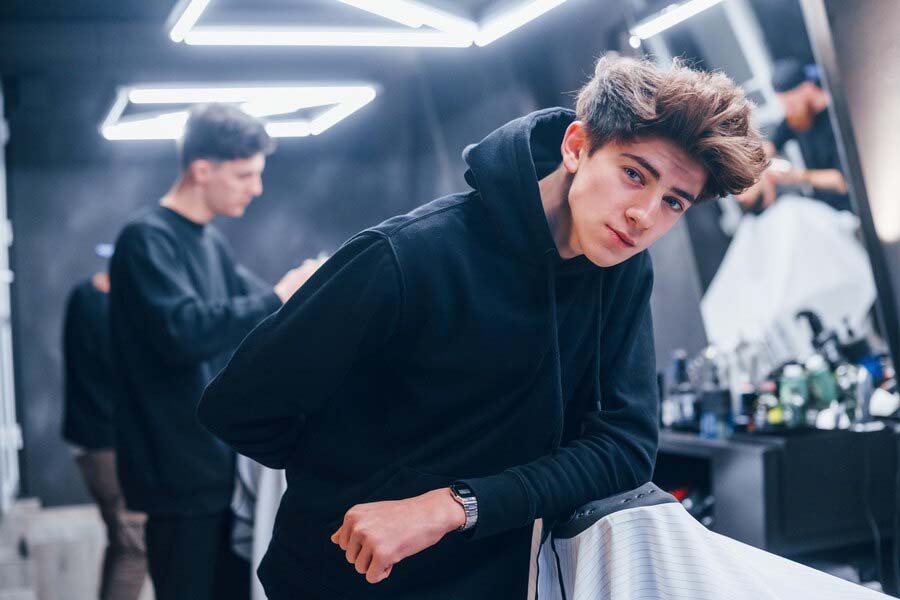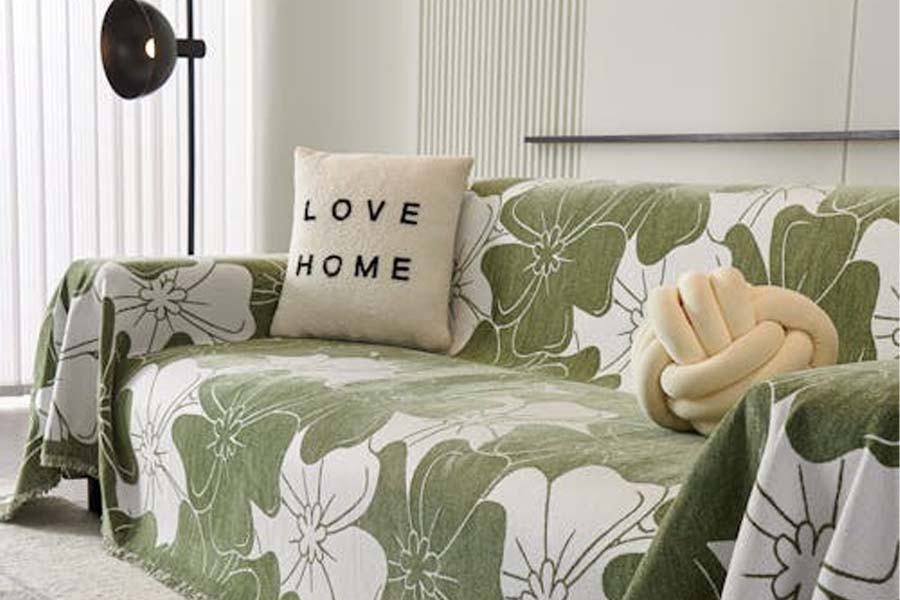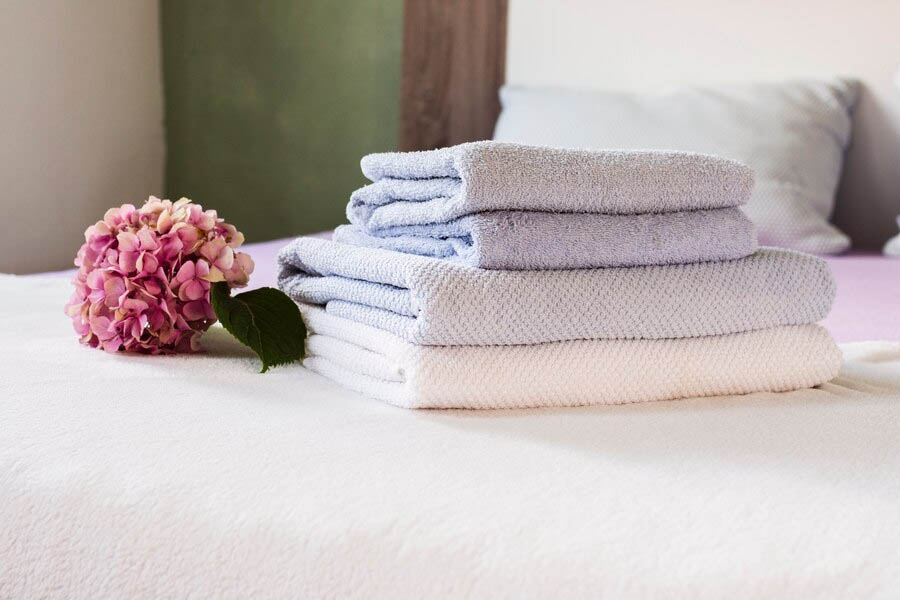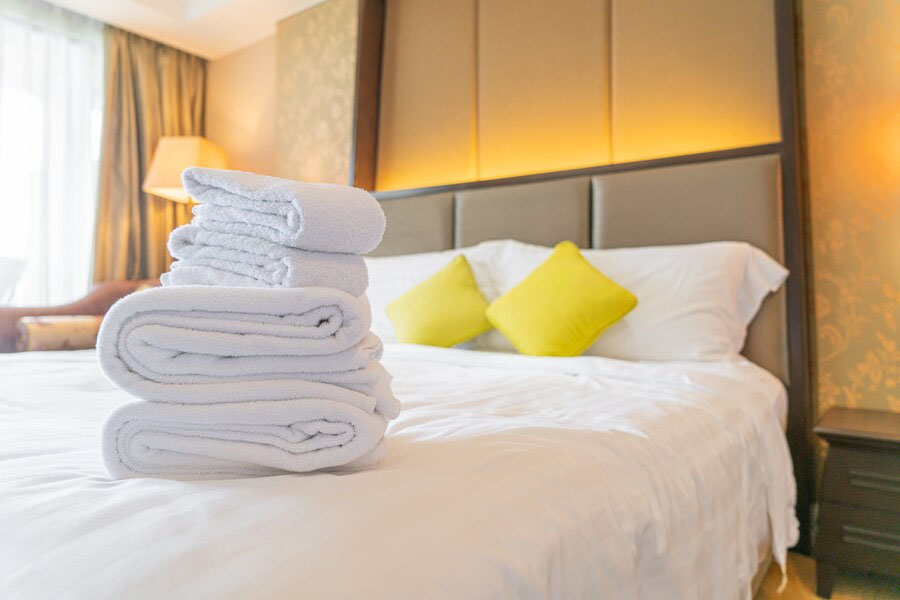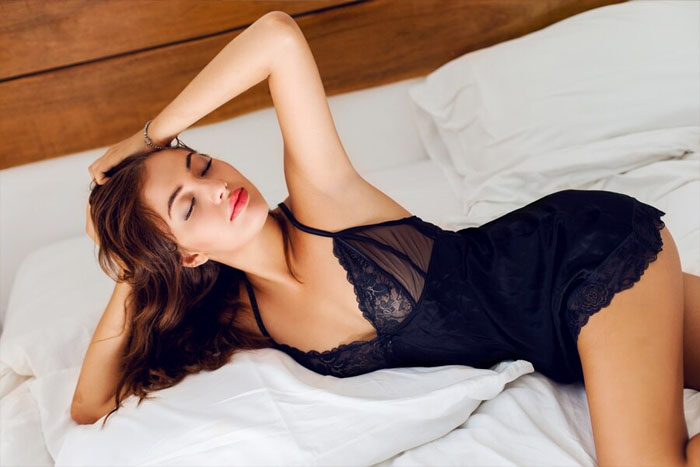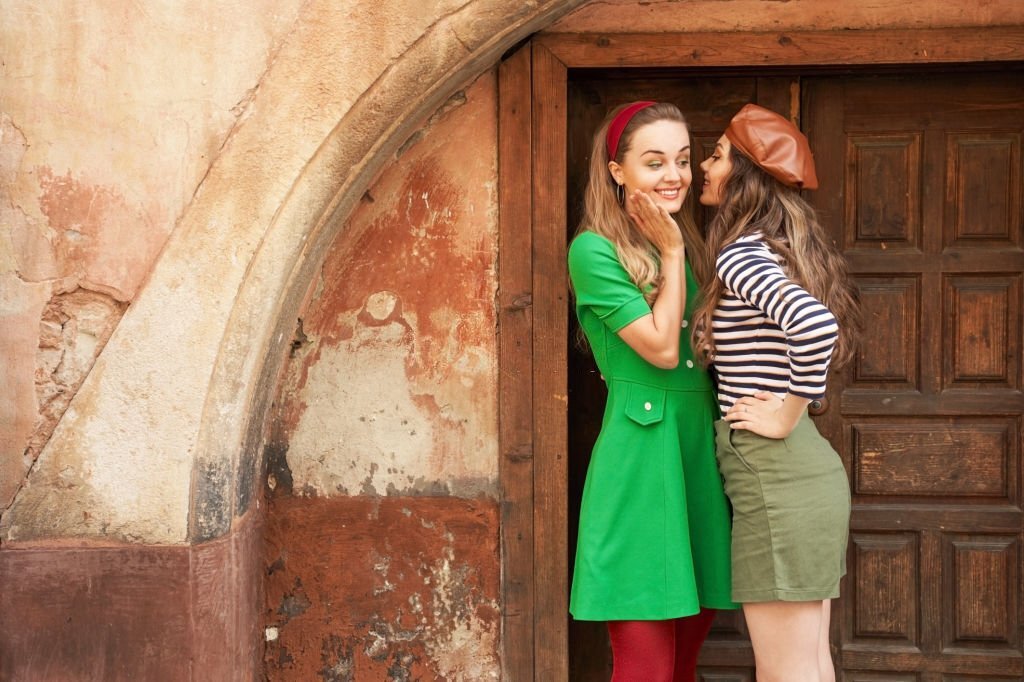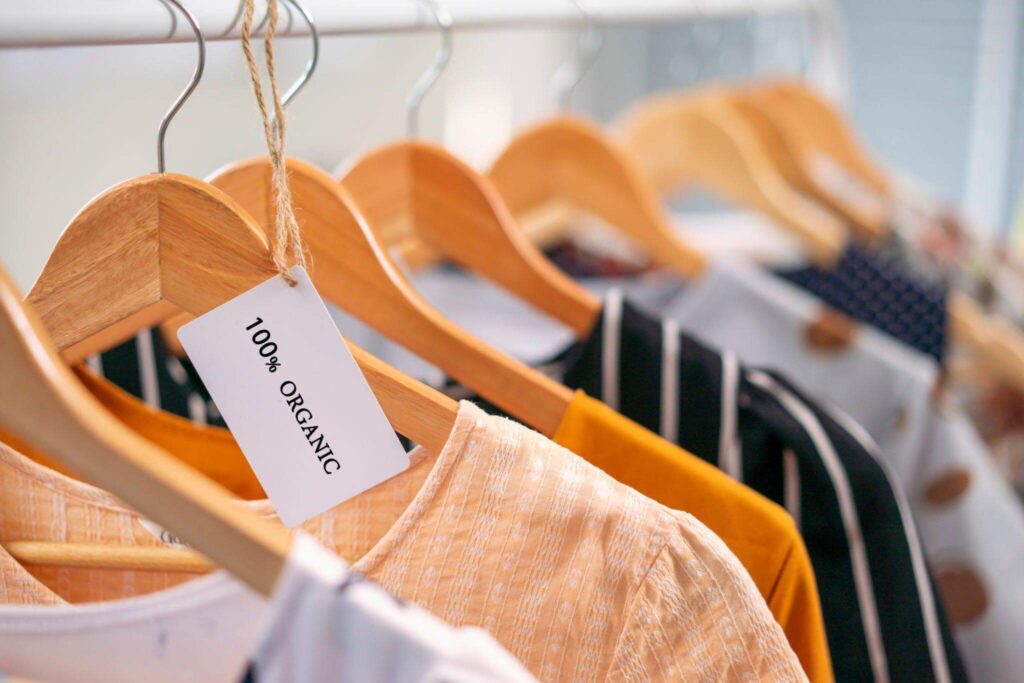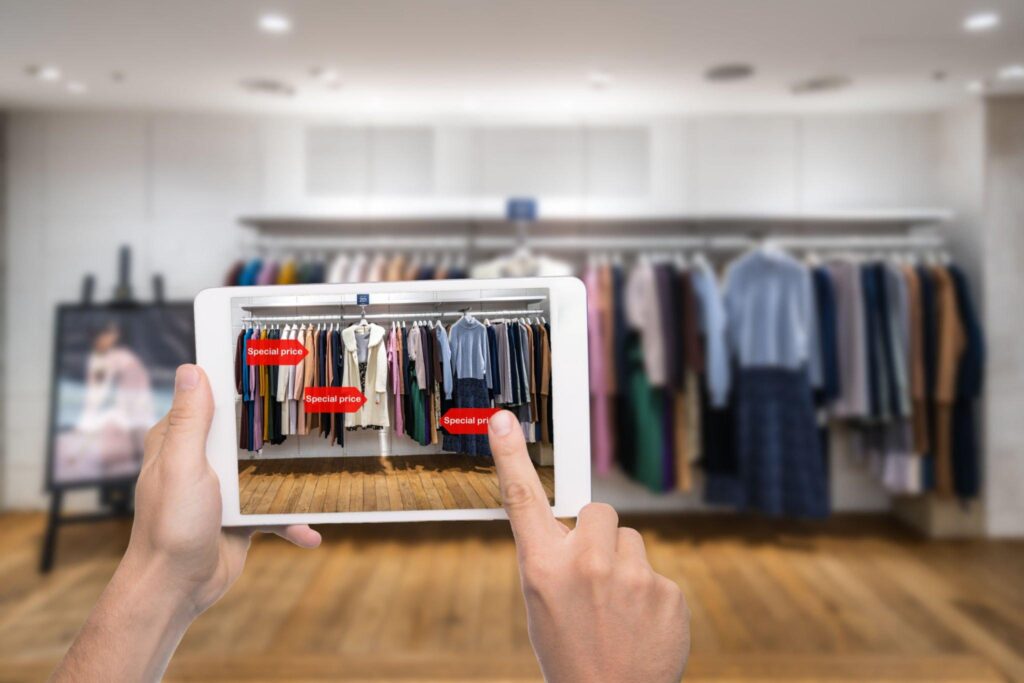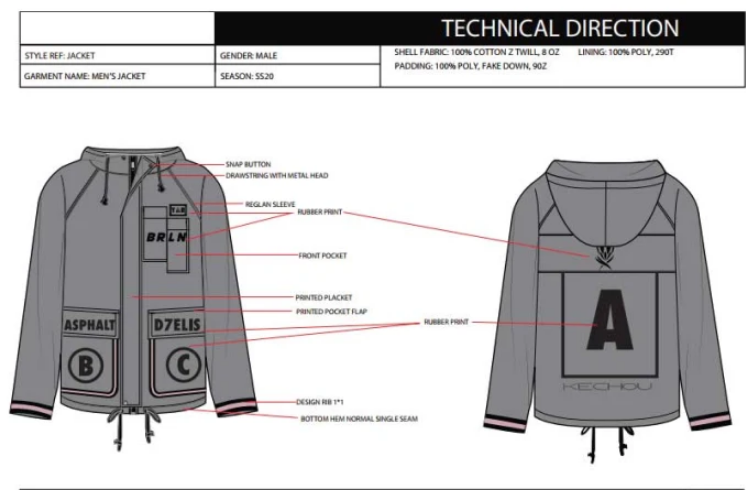Launching a maternity apparel venture requires strategic planning and specialized manufacturing expertise. With the global maternity wear market projected to reach $46.8 billion by 2027 (CAGR 5.9%), entrepreneurs must combine market insight with technical proficiency. Ludyway supports emerging brands through vertically integrated production solutions across 200+ product categories.
Market Rationale for Maternity Apparel Ventures
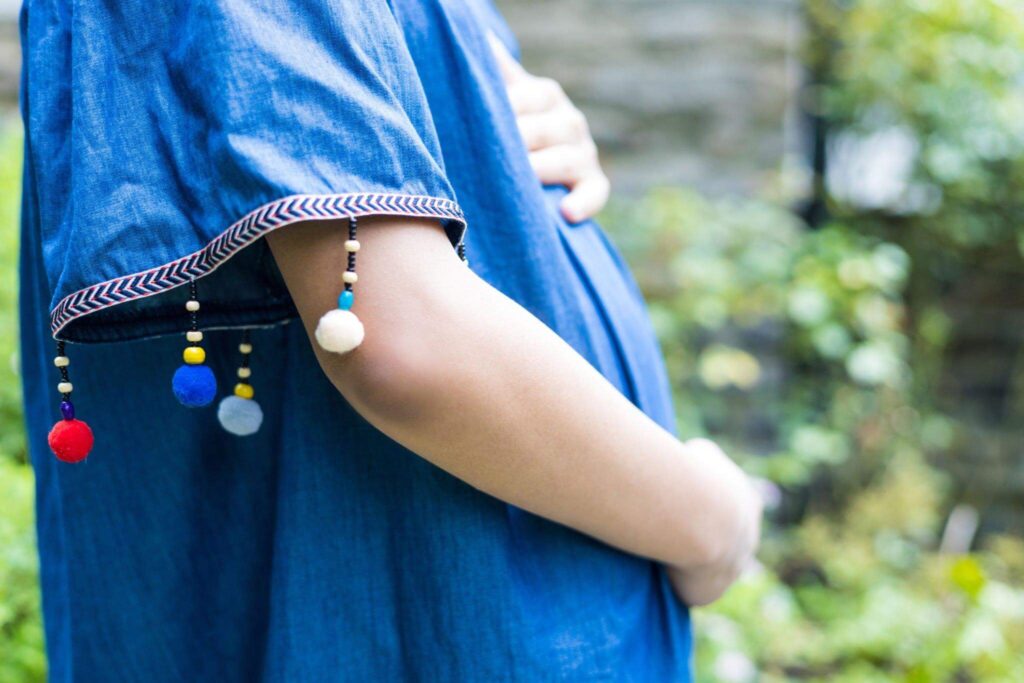
The maternity segment presents unique opportunities driven by:
- Demand for technical fabrics with 40%+ stretch capacity
- Size-inclusive designs accommodating 25-35cm bump expansion
- Multi-functional garments transitioning from pregnancy to postpartum
Brands addressing these needs through custom maternity wear manufacturing achieve 35% higher customer retention according to industry analytics.
Strategic Business Development Framework
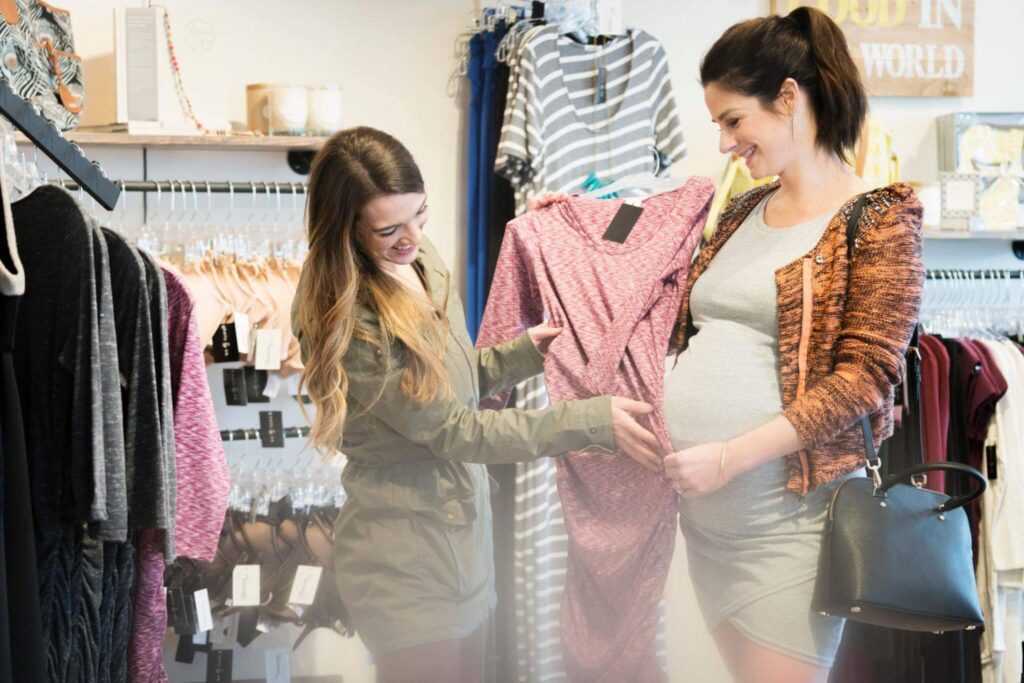
Comprehensive Market Analysis
Conduct quantitative research focusing on:
- Regional sizing standards (EU vs. US proportions)
- Price sensitivity thresholds across demographics
- Fabric preference trends (organic cotton vs. performance blends)
Business Structure Selection
| Entity Type | Key Features | Startup Cost Range |
|---|---|---|
| Sole Proprietorship | Simplified registration | $500-$2,000 |
| LLC | Asset protection | $1,000-$3,000 |
| C-Corporation | Investor readiness | $2,000-$5,000 |
Technical Material Sourcing
Prioritize fabrics with:
- Oeko-Tex® Standard 100 certification
- 4-way stretch capabilities
- Moisture-wicking properties
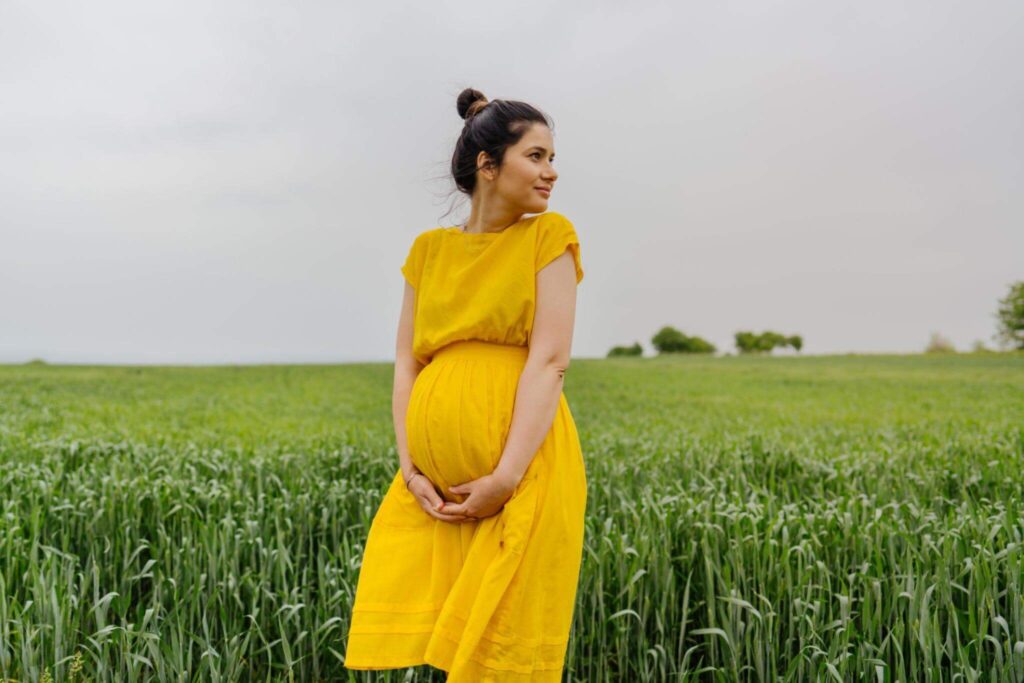
Ergonomic Design Principles
Incorporate:
- Adjustable waistbands with 15cm expansion range
- Strategic seam placement avoiding pressure points
- Nursing access integration
Precision Manufacturing
Partner with specialists in cut and sew manufacturing for:
- Pattern grading accommodating 5-7 size transitions
- AQL 2.5 quality control standards
- Small-batch production (50-unit MOQ)
Ludyway’s technical teams ensure fit consistency across trimesters through proprietary grading systems.
Quality Assurance Protocols
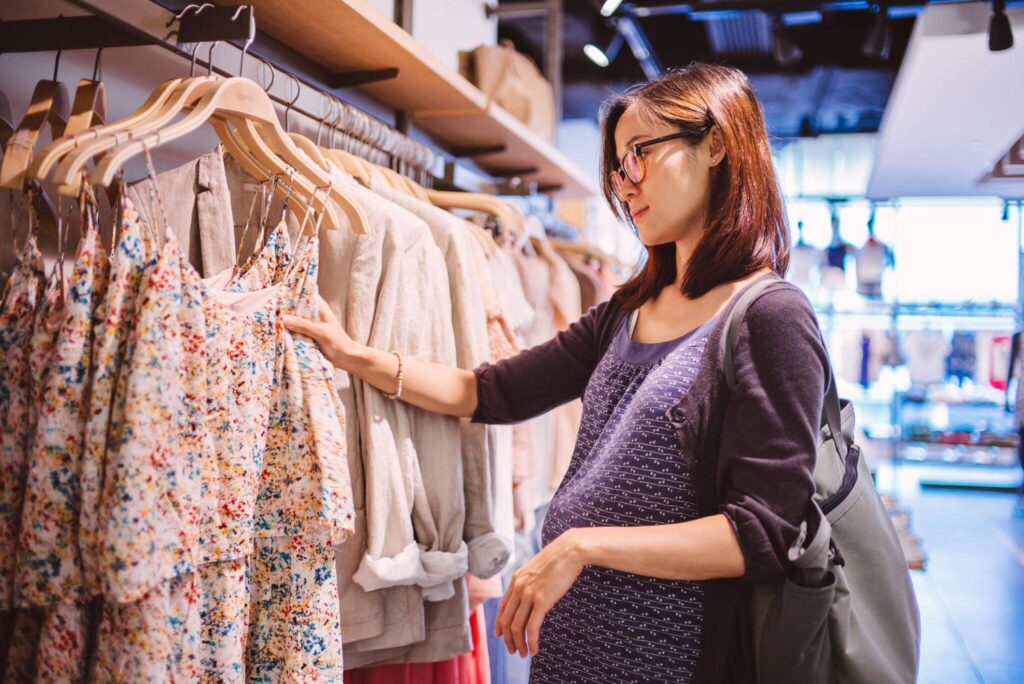
- Stretch recovery testing (ISO 2231)
- Seam strength verification (ASTM D1683)
- Colorfastness validation (AATCC 61)
Omnichannel Brand Strategy
Allocate resources across:
- E-commerce platforms (Shopify/Magento)
- Specialty retail partnerships
- Community-driven social marketing
Financial Planning
Implement cost-control measures:
- JIT inventory systems
- Bulk fabric procurement
- Modular design for private label manufacturing
Consumer-Centric Design Insights
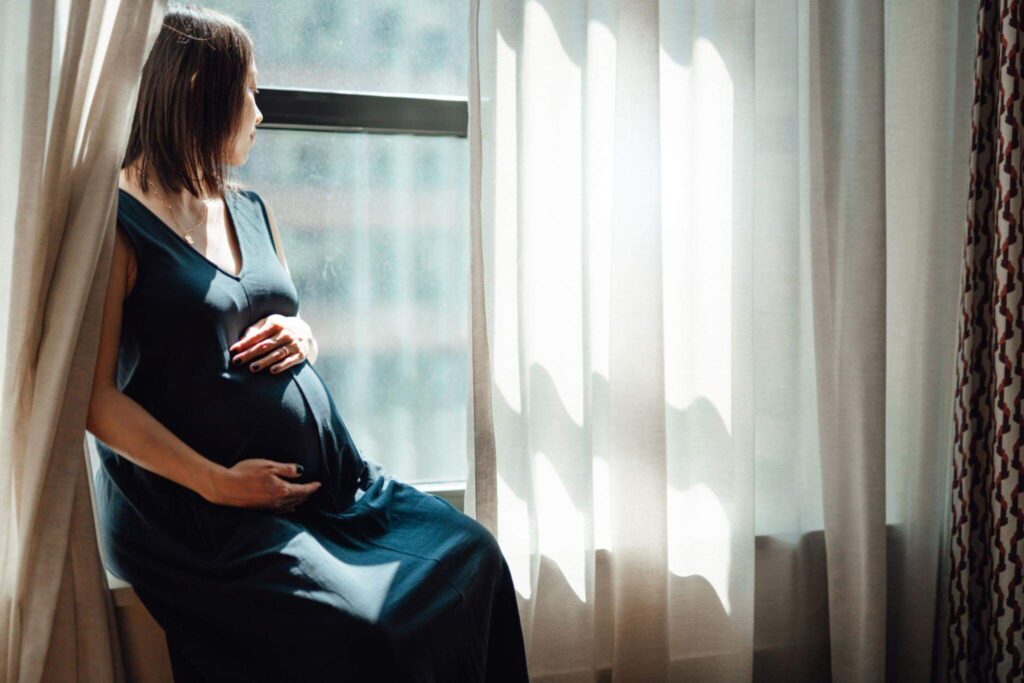
Bump-Accentuating Silhouettes
82% of expectant mothers prefer form-fitting styles featuring:
- Contoured side panels
- Strategic ruching
- Empire waistlines
Style Continuity Solutions
Develop transitional pieces through custom dress manufacturing:
- Convertible nursing features
- Adjustable hem systems
- Modular layering components
Value Engineering
Price optimization strategies:
- Core + capsule collection approach
- Multi-functional garments (3+ wear scenarios)
- Fabric yield optimization
Startup Investment Framework
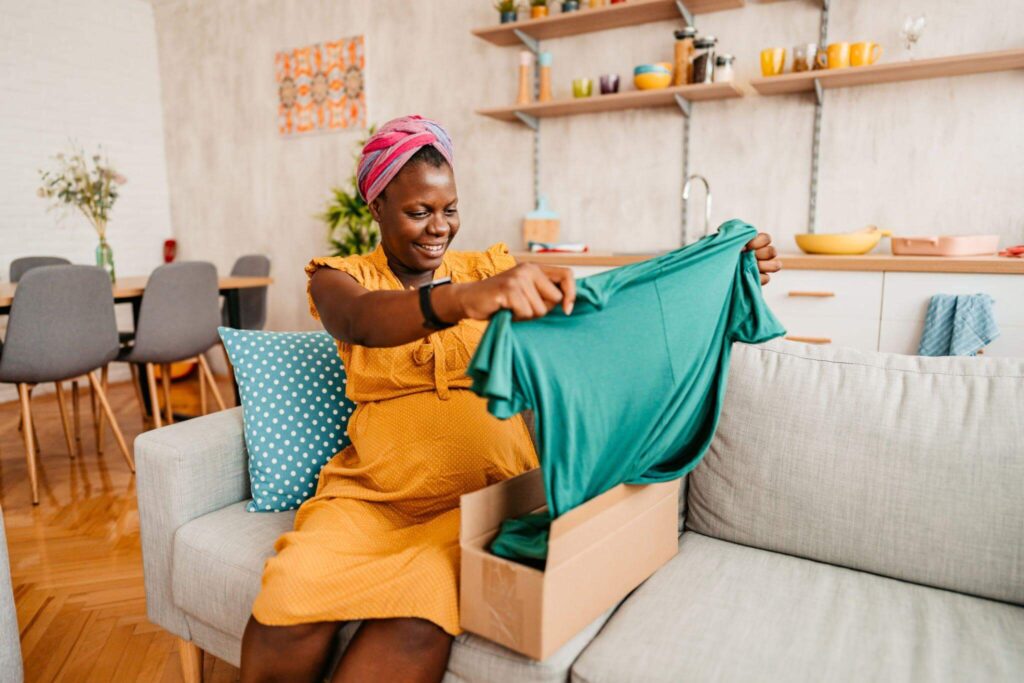
- Inventory Procurement: $20,000-$50,000 (optimized through custom activewear manufacturing partnerships)
- E-Commerce Platform: $8,000-$15,000 (responsive design + ERP integration)
- Marketing Allocation: $1,500-$5,000/month (performance-based digital campaigns)
- Quality Assurance: $3,000-$7,000 (testing equipment + compliance certifications)
Strategic Implementation
Successful maternity brands leverage Ludyway’s full-package services including:
- Technical design support
- Ethical production facilities
- Global logistics coordination
With 15 years of specialized manufacturing expertise, we enable startups to achieve production readiness within 45 days. Request our maternity startup toolkit for comprehensive resource planning.

